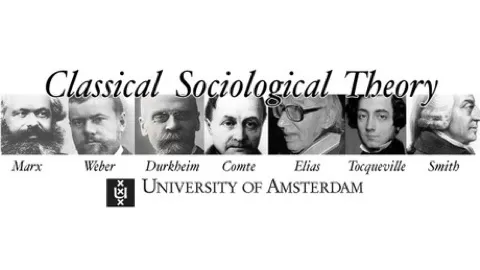When do governments deserve our allegiance, and when should they be denied it?
This course explores the main answers that have been given to this question in the modern West. We start with a survey of the major political theories of the Enlightenment: Utilitarianism, Marxism, and the social contract tradition. In each case, we begin with a look at classical formulations, locating them in historical context, but then shift to the contemporary debates as they relate to politics today.
Next, we turn to the rejection of Enlightenment political thinking, again exploring both classical and contemporary formulations. The last part of the course deals with the nature of, and justifications for, democratic politics, and their relations to Enlightenment and Anti-Enlightenment political thinking.
In addition to exploring theoretical differences among the various authors discussed, considerable attention is devoted to the practical implications of their competing arguments. To this end, we discuss a variety of concrete problems, including debates about economic inequality, affirmative action and the distribution of health care, the limits of state power in the regulation of speech and religion, and difficulties raised by the emerging threat of global environmental decay.






